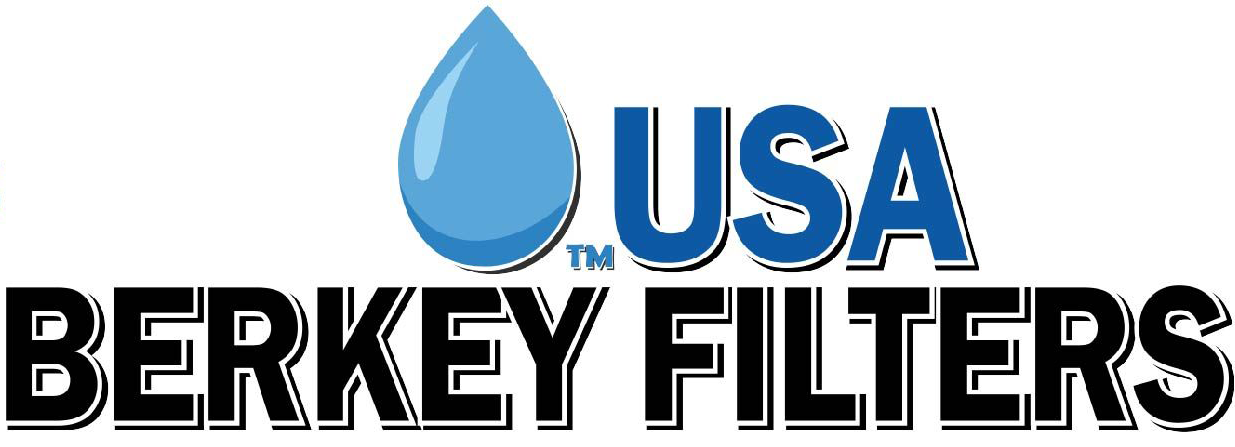The Federal Emergency Management Agency (FEMA) has listed the following sources as not recommended for drinking water:
- Radiators, hot water boilers (home heating systems)
- Swimming pools and spas
- Water from the toilet bowl or flush tank
- Waterbeds
Swimming pools commonly contain the following chemicals and contaminants: pH increaser, pH decreaser, alkalinity increaser (sodium bicarbonate, baking soda), alkalinity decreaser (muriatic acid, sodium bisulfate), calcium hardness increaser, chlorine, bromine, biguanide, cyanuric acid, ammonia, saltwater, bacteria and other pathogens, algae, insects, and animal waste. The presence and concentrations of these chemical contaminants are dependent upon several factors including the types of pools, types of disinfectants used, disinfectant dosages, bather loads, temperature, and the pH of swimming pool waters.
The Black Berkey® Element has been rigorously tested by independent third-party labs for the removal or reduction of contaminants such as herbicides, inorganic non-metals (including chlorine, and chloramine), pathogenic bacteria, parasites, pesticides, perfluorinated acid compounds, petroleum, pharmaceuticals, radiologicals, trihalomethanes, viruses, and volatile organic compounds.
New Millennium Concepts, Ltd.’s (NMCL, the manufacturer of Berkey® products) position on chlorine in a water source is that according to the test data, the Black Berkey® Element appears to reduce greater than 99.9% of chlorine. NMCL has issued the following statement, “We do believe the elements will remove a chlorine threat given the facts of the test data. However, we would not recommend drinking pool water for regular consumption as it may contain additional contaminants or chemicals other than chlorine that may or may not have been previously tested by our vast catalog of independent third-party testing.”


